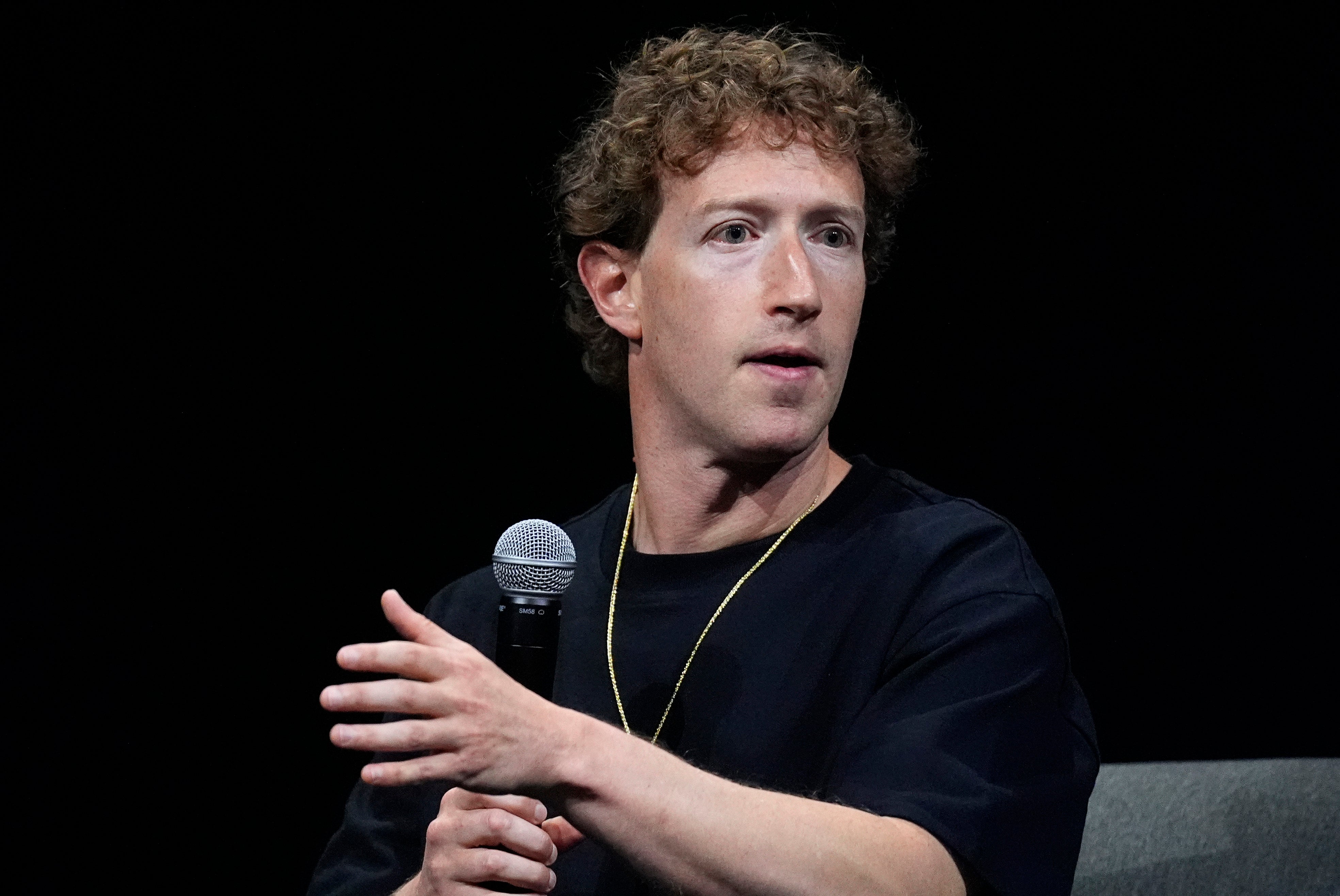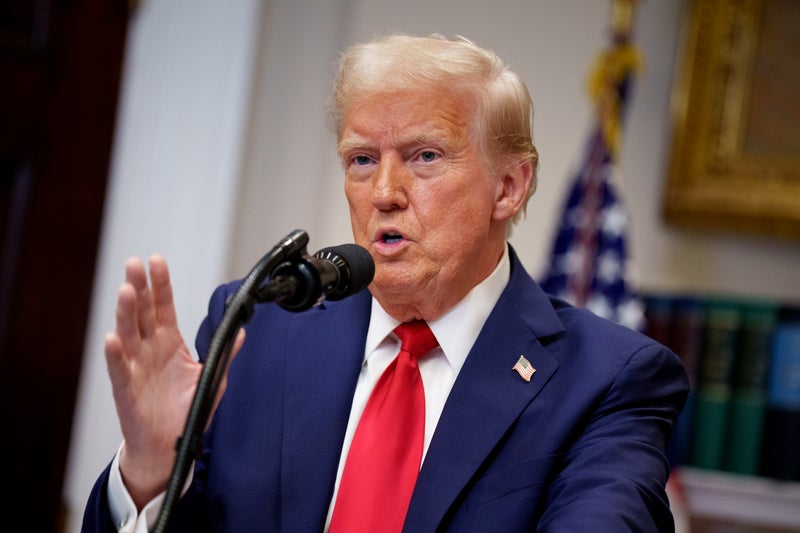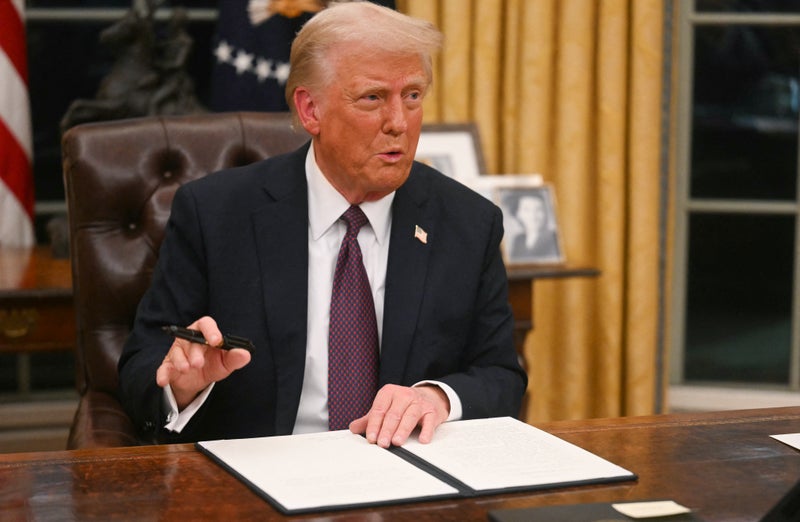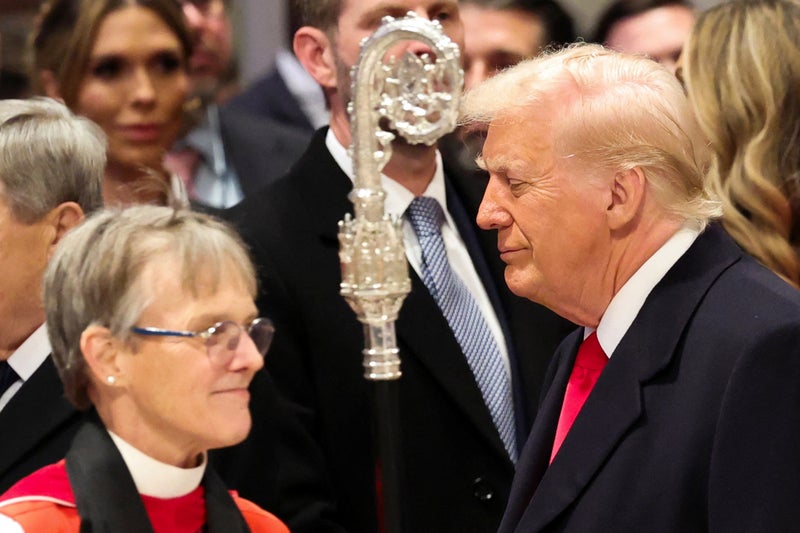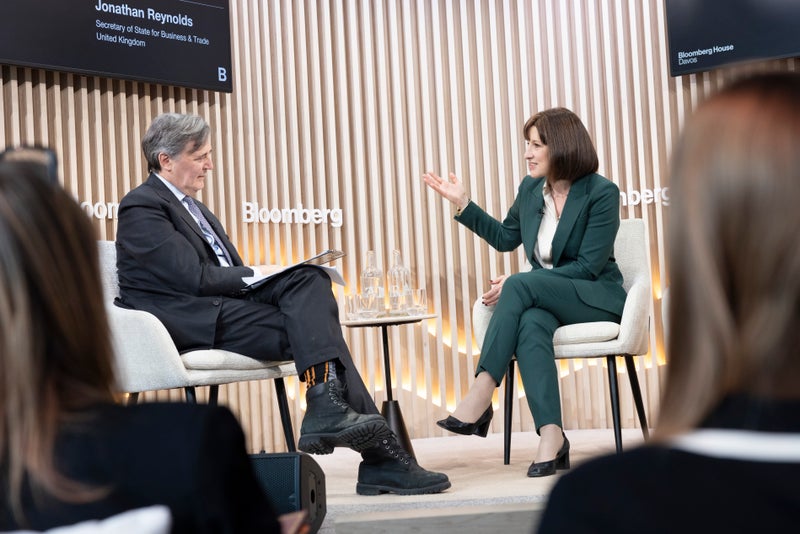How could Trump’s second term affect DEI initiatives in the US?
Share:
The president-elect has disparaged DEI. As Meta and Walmart drop diversity goals, here’s how others may follow. Even before Donald Trump won the election in November, multiple companies with announced they were ending their diversity initiatives. After the election, some of the country’s largest companies announced they too were sunsetting some of their corporate programs.
In December, Walmart said it was rolling back its diversity, equity and inclusion (DEI) goals and would drop using the term altogether. McDonald’s made a similar statement in January. On Friday, Meta became the latest major company to announce the end of its DEI goals, saying that the company will scrap its DEI team, its equity and inclusion training programs and requirements to have a “diverse slate” of applicants when hiring.
Though some of the announcements followed conservative pressure on social media, some came unprompted, suggesting that companies who were quick to trumpet their desire to broaden their workforce after the backlash to the murder of George Floyd have cooled on an idea that seeks to increase opportunities for women, people of color, LGBTQ+ people and other marginalized groups.
Now that conservatives not only have a majority in the supreme court, but also the White House and both chambers of Congress, they can launch a full-fledged attack against DEI at the federal level. But DEI advocates maintain this isn’t the end. Here’s how Trump’s second term could impact DEI.
Toward the end of Trump’s first term in 2020, Trump signed an executive order that banned diversity training in government agencies, contractors and institutions that receive federal funding, such as non-profits. It also restricted the use of so-called “divisive concepts” that the administration deemed common in such training.



